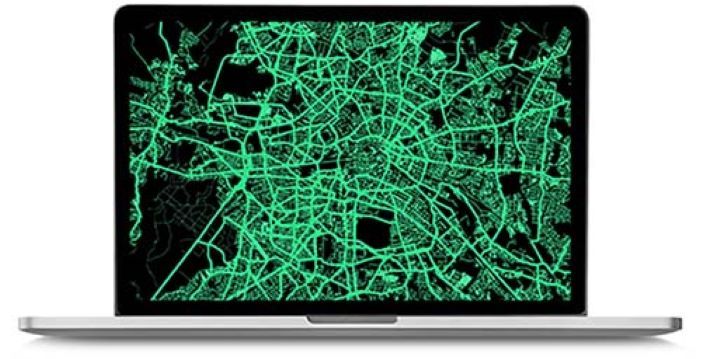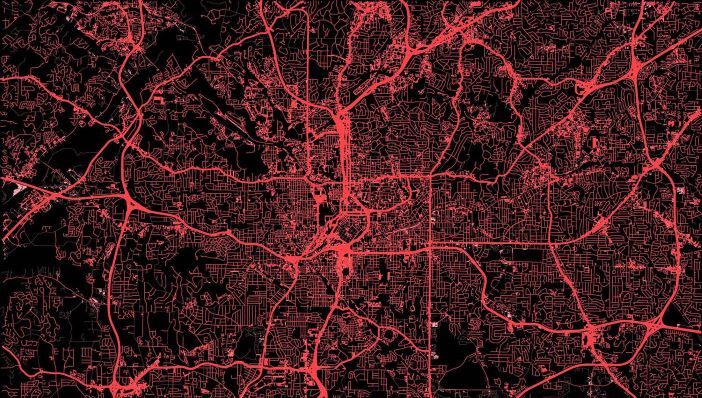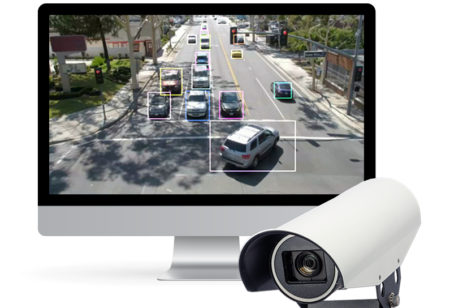German mobility software company PTV Group has launched PTV Model2Go, a new technology to automate the building of standardized transport models.
With PTV Model2Go, basic transportation models can be set up for any city or region worldwide within just one week. Users such as cities, consulting companies or research institutions receive a ready-made foundation on which they can directly implement simple or complex use cases.
Building a base model manually can take months and requires lots of knowhow and resources. With PTV Model2Go, users no longer deal with time-consuming processes such as data collection, data integration, and the technical setup of the model. The new cloud-based process combines smart automation technology with various data sources, including networks from Here or TomTom as well as public General Transit Feed Specification (GTFS) data on public transport networks, and OpenStreetMap data.
PTV Group says that the automated process of model generation is not only faster and less cost- and resource-intensive, but also significantly less error-prone.
“Model-based analyses often don’t come into use because the model building process is expensive and time-consuming. Thus, Model2Go is a real game-changer in urban and transportation planning. It drastically reduces the time, effort, and cost of model-building, making model-based decisions viable even for small projects,” says Christian Haas, CEO of PTV Group. “This is particularly important today, where our mobility is changing very rapidly, and cities must quickly adapt to new challenges.”
PTV’s first release of Model2Go is PTV Model2Go Supply, which represents the network supply of different modes of transport. Besides the road network and associated parameters such as route types, speeds and capacities, the automated model also contains the public transport network, timetables, points of interest and structural data. Traffic zones can also be generated.

The Model2Go Supply model is ready for immediate use after delivery for analysis and visualization for several basic use cases. Examples include accessibility analyses – for cars, bikes, or transit – infrastructure planning or operational planning in public transport. Users can also customize the fundaments of Model2Go with additional data and modelling for more complex use cases, such as transportation studies, potential analysis or in traffic development planning.
PTV experts have built six ready-to-use Model2Go example models for the cities of Amsterdam, Atlanta, Berlin, Cape Town, Manila and Paris, for different areas of application.
The Atlanta model, for example, can be used to assess the existing roadway infrastructure based on network free flow speeds, the number of lanes for all links, junction geometries, and estimates of signal timing. The Berlin model covers the city’s public transport supply and enables users to evaluate network and timetable variants and operating concepts.
In addition to PTV Model2Go Supply, PTV Group is developing a second version of the product called PTV Model2Go Demand which includes observed travel data.
Images: PTV Group.





